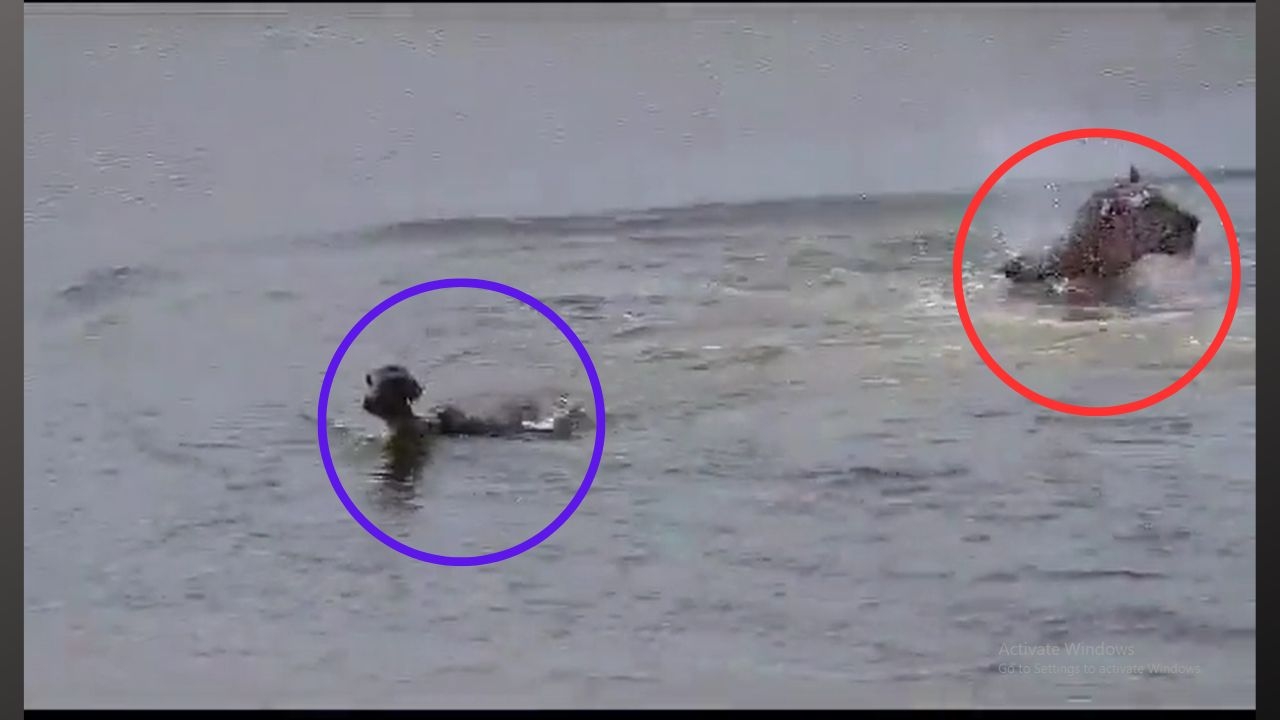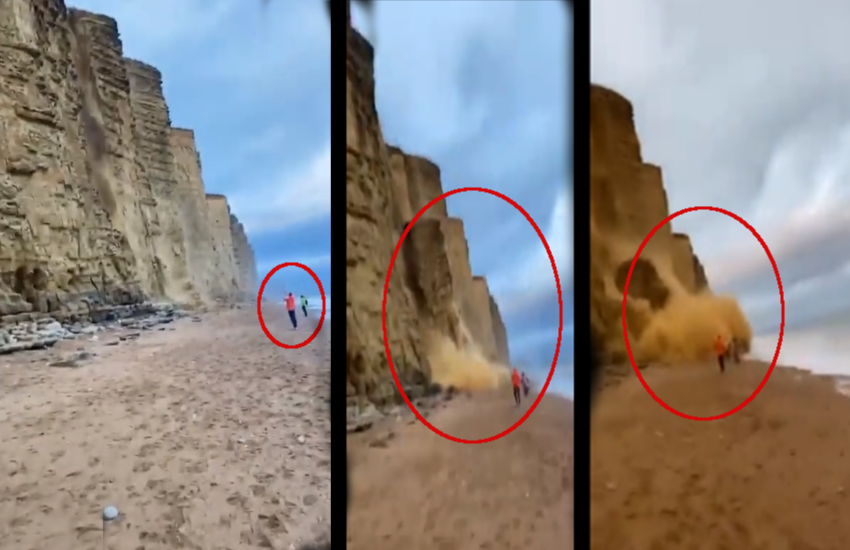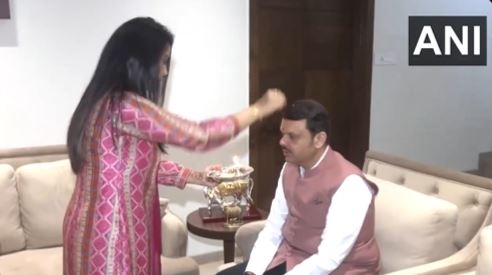
Two statements regarding the 18 September Uri attack by Pakistan-based terrorists, which led to the death of 18 Indian soldiers, were significant. One was of Prime Minister Narendra Modi, assuring the country that "the attack won't go unpunished". The other was of the Director General of Military Operations Lt Gen Ranbir Singh saying that a "befitting reply" would be given "at the time and place of our choosing".
While the country waited with bated breath, the media's attention shifted to India's diplomatic response, particularly its activities at the ongoing session of the UN General Assembly.
The army, however, kept its eye on the ball and quietly planned a retaliatory strike.
Also Read: India's surgical strikes across LoC: 11 things you should know
The strike was launched in the early hours of 29 September, as disclosed by Lt General Ranbir Singh. He said India conducted surgical strikes along the Line of Control to safeguard the nation, causing significant casualties to terrorists and those shielding them. This action, according to Lt Gen Singh, was based on specific and credible information that some terrorist teams were positioned at launch pads along the LoC to infiltrate and carry out strikes in J&K and other places in India.
The DGMO also revealed that Pakistan's DGMO has since been told about the surgical strikes.
Pakistan, perhaps because of India's lack of response to earlier provocations, was clearly caught napping. Indeed, reactions from different organisations in Pakistan show they were rattled and even wrong-footed.
On 19 September, a day after the Uri attack, Pakistan Army chief Gen Raheel Sharif, following a corps commanders meeting, announced: "Taking notice of a "hostile narrative being propagated by India", the Pakistan Army is "fully prepared to respond to the entire spectrum of direct and indirect threats".
On 23 September, he followed this up by telling officers at the National Counter Terrorism Centre near Kharian that the army would defend "each and every inch" of Pakistan "no matter what the cost", and that Pakistan's armed forces "have the capability to counter the complete threat spectrum".
Slap in the face?
The Indian Army's strike is obviously a huge personal embarrassment to Raheel Sharif. His reputation as a tough, hands-on army chief, built up so assiduously by the Inter Services Public Relations, will take a big hit, and that too at the fag end of his tenure.
Not surprisingly, the ISPR has gone into defensive mode. It rejected claims that the Indian Army carried out surgical strikes. "There has been no surgical strike by India, instead there had been cross border fire initiated and conducted by India which is an existential phenomenon," it said in a statement.
Also Read: LoC surgical strikes: Pakistan military calls them lies, doesn't want matter to escalate
It added, "The notion of surgical strike linked to terrorists bases is an illusion being deliberately generated by India to create false effects. This quest by the Indian establishment to create media hype by re-branding cross-border fire as surgical strike is a fabrication of truth. Pakistan has made it clear that if there is a surgical strike on Pakistani soil, same will be strongly responded."
The otherwise invisible Defence Minister Khwaja Asif, who has used the Uri incident to find his place in the sun, echoed the ISPR's line. "The Pakistan Army gave befitting response to the Indian Army. Indian Army opened small arms fire last night on five sectors across the LOC. India is doing this under a well-planned objective. If India tries to do this again, we will respond forcefully. India is doing this only to please their media and pubic," he said.
The Pakistan Air Force also chipped in by terming the Indian claim of surgical strikes as baseless and fake. Its statement said the PAF was always on guard to respond to any external aggression "in a strong and befitting manner".
Unfortunately for the ISPR, defence minister and PAF, a statement from the Prime Minister's House contradicted their assertions. It's noteworthy that this statement came after the Indian statement revealing the cross-border strikes.
The statement stated: "Prime Minister Nawaz Sharif has strongly condemned the unprovoked and naked aggression of Indian forces along the LoC which resulted in the martyrdom of two Pakistani soldiers." It added: "Our intent for peaceful neighbourhood should not be mistaken as our weakness, as our valiant forces are fully capable of defending the territorial integrity of the country."
What would further embarrass the Pakistani establishment are reports that the Indian Army has video proof of the strikes, which could be made public.
Readying for retaliation?
How will Pakistan, especially its army and, more specifically, Gen Raheel Sharif respond?
Having gone out on a limb to deny any surgical strikes had taken place, it would be highly embarrassing for the Pakistan Army to launch any attacks in retaliation. Moreover, even the casualty figure of two soldiers killed in "cross-border firing" would hardly provide any justification for crossing the LoC, let alone the International Border.
Yet, the Pakistan Army would not be able to countenance such a strike without being seen to have hit back - hard and immediately. Absorbing the daring Indian Army strike and the damage inflicted by it would not be the send off Gen Raheel Sharif would have been looking forward to. Equally, it would be demoralising for the Pakistani public once the real facts come out, which they invariably will.
Hence, Pakistan will have to respond, perhaps at a time and place of its choosing. Given its denial of the Indian strike, they may well use non-state actors rather than regular army units.
Given the fragile nature of Pakistan's domestic polity, with Nawaz Sharif beset by corruption charges and the dharna politics of Imran Khan, raising the temperature with India would be to the prime minister's advantage.
So, for a change, both the Sharifs may well be on the same page on this. India will, therefore, need to be on guard against any Pakistani adventure.
Also Read: Indian Army surgical strikes: All-party meeting ends; 10 updates
First published: 29 September 2016, 8:36 IST






![BJP's Kapil Mishra recreates Shankar Mahadevan’s ‘Breathless’ song to highlight Delhi pollution [WATCH] BJP's Kapil Mishra recreates Shankar Mahadevan’s ‘Breathless’ song to highlight Delhi pollution [WATCH]](https://images.catchnews.com/upload/2022/11/03/kapil-mishra_240884_300x172.png)

![Anupam Kher shares pictures of his toned body on 67th birthday [MUST SEE] Anupam Kher shares pictures of his toned body on 67th birthday [MUST SEE]](https://images.catchnews.com/upload/2022/03/07/Anupam_kher_231145_300x172.jpg)






